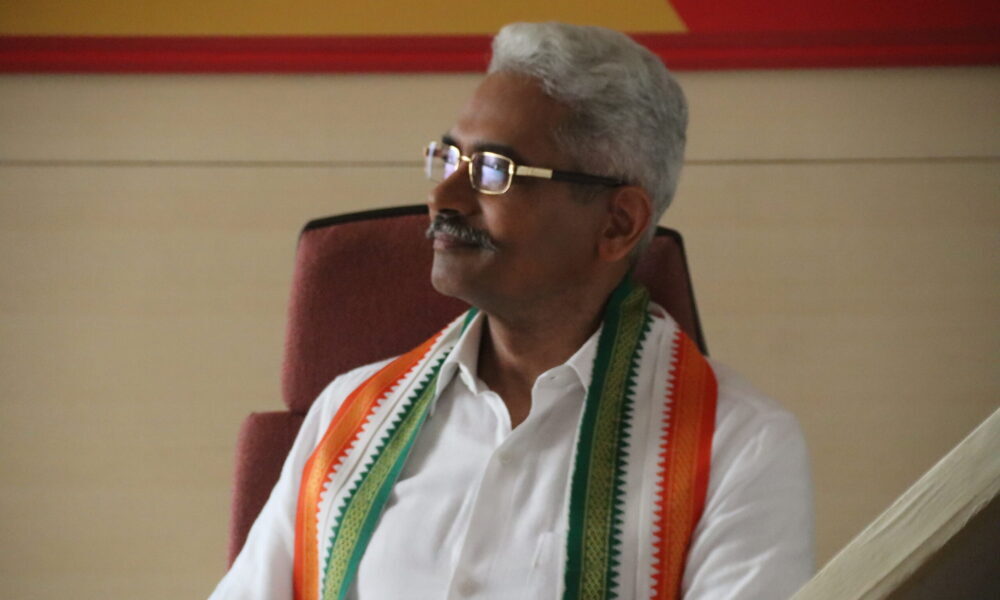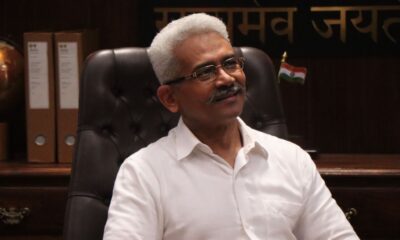Latest
Atul Kulkarni decodes Ameya Rao Gaikwad’s character arc in City of Dreams Season 3
The series will stream 26th May onwards, only on Disney+ Hotstar.
Published
12 months agoon

Hunger for power, betrayal, and ascension to one throne – the most influential and powerful Gaikwad’s are back with the third season of Hotstar Specials’ City of Dreams. Produced by Applause Entertainment in association with Kukunoor Movies and directed by Nagesh Kukunoor. Starring the versatile actors Atul Kulkarni, Priya Bapat, Sachin Pilgaonkar, Sushant Singh, Eijaz Khan, Rannvijay Singha, and many others in pivotal roles, the series will stream 26th May onwards, only on Disney+ Hotstar.
Renowned actor, Atul Kulkarni essays the role of the strong and powerful Ameya Rao Gaikwad in the series. Audiences have enjoyed watching him across seasons and season 3 will bring a new edge to his character. The versatile actor delves into the intricacies of Ameya, reflecting on the profound impact the script and writing have on his role. Kulkarni acknowledges the multitude of paths the character could have taken yet asserts that the chosen direction is both justified and natural.
Talking about his character and its graph, Atul Kulkarni says, “As an actor, you go through the journey that the character has gone through, and how it is written, because an actor cannot do anything until his character is written in a particular way. So the calmness or the change of the character basically comes from the writing, and then it becomes the duty of the actor to justify it. I think that there are multiple ways that any character can go, especially in long format. So here, the character changed in a particular way. It could have gone in some other way as well, but a certain direction was chosen. Because of the trauma that this character has gone through, in the past, it is very natural for the character to go through an internal change. It was justified in the writing and kind of easy to portray that.”
You may like


Eijaz Khan: “I would love to know Wasim Khan’s back story if City of Dreams Season 4 is ever to be made”


City of Dreams Season 3 Review: Edgy and Gripping Thriller!


Atul Kulkarni: “It is a pleasure to know Sachin Pilgaonkar and work with him”


City of Dreams actor Priya Bapat: “I like to run away from politics”


Atul Kulkarni spills the beans on his two most favorite people from the sets of City Of Dreams!


Anya Movie Review: Raima Sen and Atul Kulkarni starrer film is dark but delightful!










